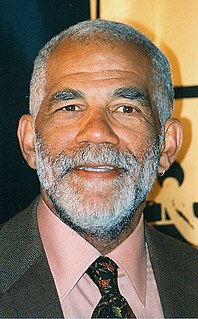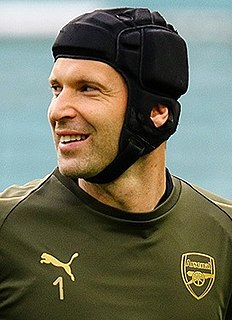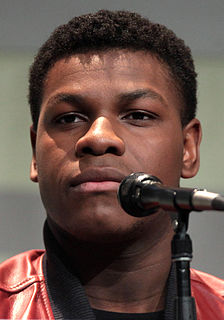A Quote by Kim Brooks
I worked as a restaurant hostess and tutored English-as-a-second-language without a formal work visa.
Related Quotes
I have a funny relationship to language. When I came to California when I was three I spoke Urdu fluently and I didn't speak a word of English. Within a few months I lost all my Urdu and spoke only English and then I learned Urdu all over again when I was nine. Urdu is my first language but it's not as good as my English and it's sort of become my third language. English is my best language but was the second language I learned.
James Joyce's English was based on the rhythm of the Irish language. He wrote things that shocked English language speakers but he was thinking in Gaelic. I've sung songs that if they were in English, would have been banned too. The psyche of the Irish language is completely different to the English-speaking world.
Translated literature can be fascinating. There's something so intriguing about reading the text second hand - a piece of prose that has already been through an extra filter, another consciousness, in the guise of the translator. Some of my favorite writers who have written in English were doing so without English being their first language, so there's a sense of distance or of distortion there, too. Conrad. Nabokov. These writers were employing English in interesting ways.
I was told I had to go to business school to succeed. I gave it a shot, but eventually dropped out to bootstrap a restaurant with just a Visa card and a $20,000 line of credit. Everyone told me restaurants were hard work (and they were right! I have so much respect for anyone in the restaurant business). I ran the restaurant for two years, sold a franchise, decided to change paths, and sold the whole operation at a modest profit.
I believe I'm very conscious of exactly what I'm doing. I'm auditioning lines of dialogue, and I'm interrogating whether the lines would translate from Russian into English the right way. The English that results can perhaps seem somewhat more formal than colloquial, but not so formal as to feel academic.






































